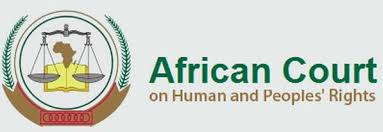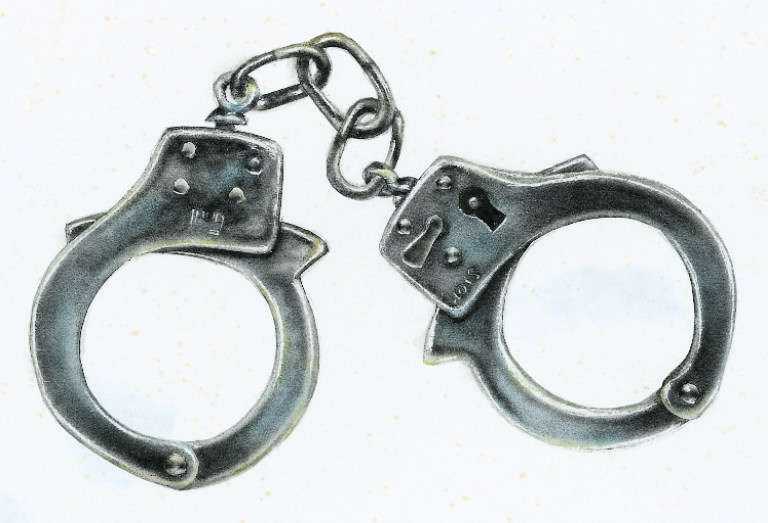By Catherine Ageno
The President of the Sahrawi Arab Democratic Republic (SADR) H.E Brahim Ghali has commended the African Court for dispensing justice in Africa.
Speaking during the Courts’ three-day sensitisation mission to the country that ended yesterday, president Ghali said his country attaches high importance to the respect for human rights and human dignity.
He informed the Court that Sahrawi was still consulting on the issue of the declaration allowing individuals and NGOs to have direct access to the court and would do everything possible to enhance its support to the court.
’This meets your mandate of ensuring respect for human and peoples’ rights and gives self-confidence to the people of Africa for truth, progress and self-determination,’’ President Ghali told the African Court delegation during his discussions at the State House.
He also urged the African Court to continue to pursue vigorously its quest to create a continent of self-respecting people that abides by norms of fairness and justice.
The main objective of the visit was to encourage SADR, which has already ratified the Protocol, to deposit the declaration required under Article 34(6) of the Protocol.
The sensitization mission was part of the Court’s efforts to interact with different stakeholders in order to deepen their understanding of the Court’s mission and importance and to encourage States to ratify the Protocol establishing the AfCHPR and deposit the declaration under Article 34(6), which allows direct access to the Court by NGOs and individuals.
So far, 30 out of 55 African Union (AU) Member States have ratified the Protocol and only 8 of them have deposited the declaration recognising the competence of the Court to receive cases from NGOs and individuals. These 8 States are: Benin, Burkina Faso, Côte d’Ivoire, Ghana, Malawi, Mali, Tanzania and Tunisia.
The African Court President, Hon. Justice Sylvain Oré who led the AfCHPR delegation welcomed the SADR’s desire to consider depositing the declaration, calling it a step in the right direction.
‘’For the Court to achieve its objectives and further strengthen African human rights systems, a greater number of countries must ratify the Protocol and make the declaration (under Article 34(6) ),’’ he stressed.
The AfCHPR was established by virtue of Article 1 of the Protocol to the African Charter on Human and Peoples’ Rights on the Establishment of an African Court on Human and Peoples’ Rights, to complement the protective mandate of the African Commission on Human and Peoples’ Rights, with a view to enhancing the protection of human rights on the continent.
Since December 2010, the Court has carried out continent-wide promotion programmes which have so far seen it undertake 29 sensitisation visits and held 12 regional, continental seminars and conferences.








